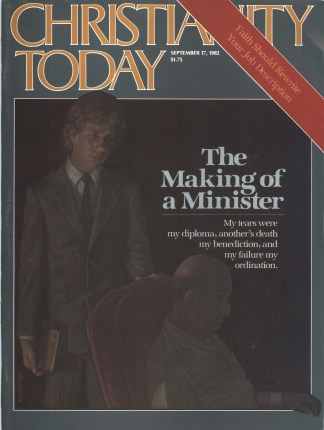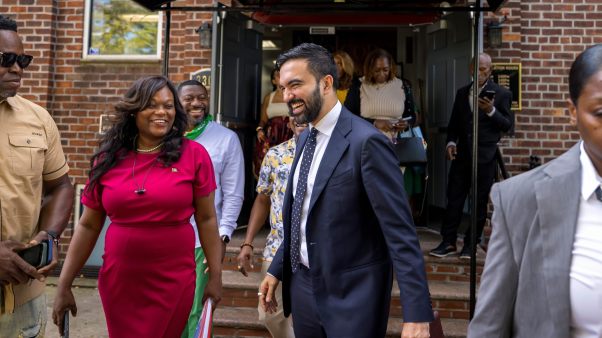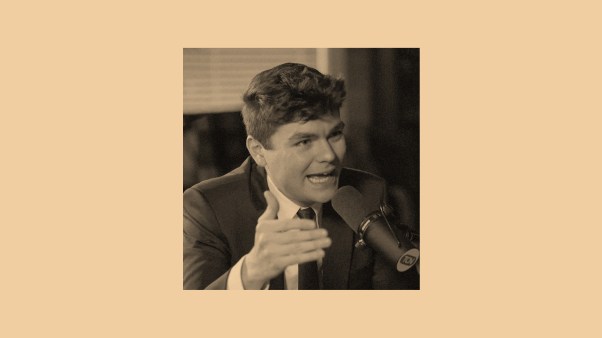Screenplay by Steve Tesich; directed by George Roy Hill.
The World According to Garp says one thing: this life is all we know, so touch it, savor it. God does not exist. Garp is not so much about a writer (Robin Williams) as twentieth-century man. It clearly presents a modern, humanist world view.
This symbolic film begins with a baby, traces his growth, and ends with his death. Life is a cycle of birth and death; in between is the stuff of memories. Death appears in many disguises as the inevitable intruder. To live fully, says Garp, one must accept life as we know it, and death is part of that life.
The Warner Brothers film has been criticized for not capturing the passion of John Irving’s novel, on which it is based. Stripped to symbols, it is a picture of stark reality. Some viewers might prefer illusions and passions to cover this too-naked view of reality. It sounds like Paul’s reference to those who do not believe in the resurrection (1 Cor. 15:19). In Garp’s world one can only accept life or withdraw from it, be a life supporter or its destroyer.
Garp’s mother, Jenny Fields, is a life supporter, the enemy of sexual lust in a sexually oriented, tradition-bound society. The Christian viewer, however, will not appreciate her definition of a full life: to her, it means having a child but not a husband. But Jenny does not negate family life, and warmly supports her son’s marriage. She fights for the right to good relationships and choice. One of her close associates is an ex-football star who has had a sex-change operation.
But also in this world are those who mutilate and destroy life. Among these are the Ellen Jamesians, women who choose withdrawal and self-mutilation as a protest. It is an Ellen Jamesian, disguised as a life supporter, a nurse, who kills Garp. So neither withdrawal from life nor mutilation is good.
The language and sexual encounters will mar the film for Christians, but there are things to like: love, acceptance of life, courage, forgiveness, and growth. In Garp, to be a life supporter, to accept life and death, and to build good memories are the best one can do. They are all one can do in a world without God.
Reviewed by Lucille Travis, a college English teacher in Minneapolis.










